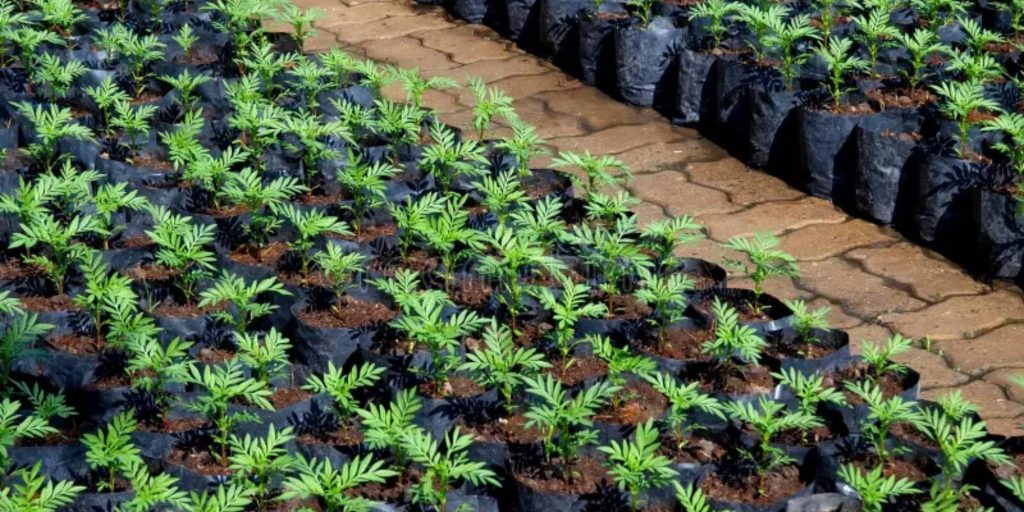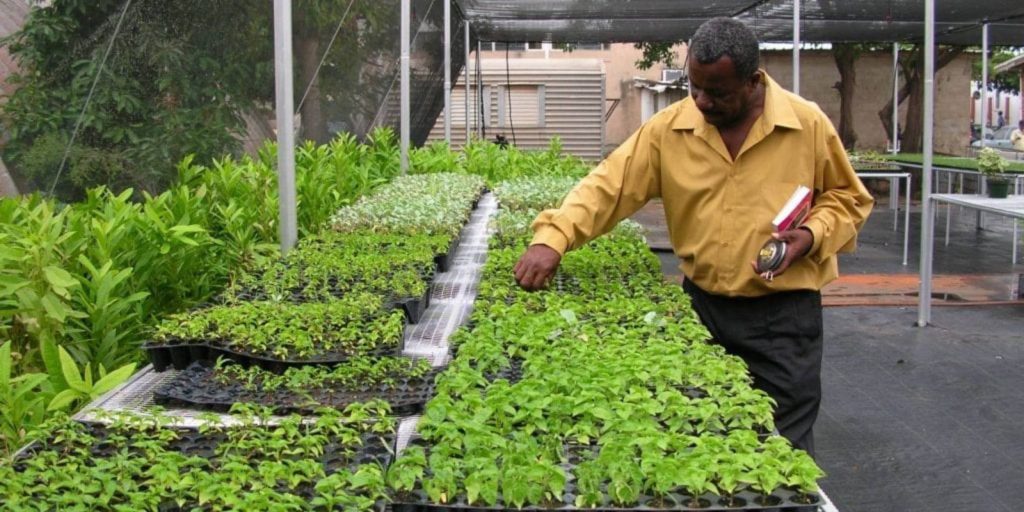General Agriculture
Our General Agriculture course offers a comprehensive exploration of modern agricultural practices, covering crop production, animal husbandry, soil science, and sustainable farming techniques. Designed for aspiring farmers, agripreneurs, and enthusiasts, the course provides hands-on training and practical knowledge to help learners maximize productivity, improve farm management, and understand the latest advancements in agricultural technology. With a blend of theory and field experience, participants gain the skills needed to address real-world agricultural challenges and succeed in the dynamic agribusiness industry.


Key Skills Acquired
- Crop Production & Management: Master the techniques of cultivating various crops, including soil preparation, planting, pest control, and harvesting for maximum yield.
- Soil Science & Fertility Management: Understand soil properties, conduct soil testing, and implement effective soil management practices to enhance crop growth.
- Animal Husbandry & Livestock Management: Gain practical skills in raising livestock, breeding, feeding, and health management for sustainable animal production.
- Agribusiness & Farm Management: Develop the ability to manage agricultural enterprises, plan farm activities, allocate resources, and make profitable business decisions.
- Sustainable Agriculture & Environmental Conservation: Learn sustainable farming techniques that promote environmental conservation, biodiversity, and efficient use of resources.
- Agricultural Technology & Innovation: Explore the use of modern technology, including mechanization, precision farming, and smart agriculture tools, to improve farming efficiency and productivity.
- Pest & Disease Management: Acquire expertise in identifying, controlling, and managing pests and diseases using integrated pest management practices.
- Food Security & Nutrition: Understand the role of agriculture in food security and nutrition, and explore strategies to address food shortages and improve the quality of produce.
- Post-Harvest Handling & Marketing: Learn best practices for handling, storing, processing, and marketing agricultural produce to reduce losses and add value to products.
- Research & Innovation: Develop research skills for conducting experiments, analyzing data, and implementing findings to solve real-world agricultural challenges.
